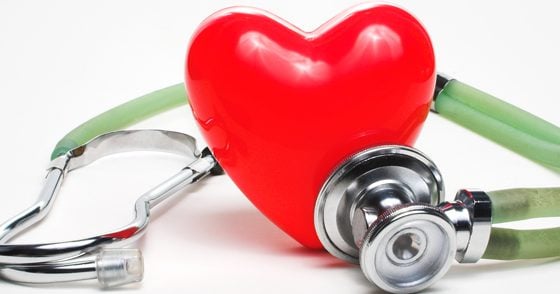It has long been known that diets make people fat, or are at the starting point of a long history of suffering for many a morbidly obese person. The following article gives you in patient language the possibility to motivate the patient to a lasting change of diet and to prevent him from a diet which makes him fatter in the long term.
Depending on the study, 85-95% of people are heavier one year after slimming than before, and after five years it is almost 100%. Any drug with such a failure rate would have been banned long ago. Why do people still do it over and over again? Because many people have to suffer in health and especially in living with other people because of being overweight.
Most diets are about denying yourself something: carbohydrates, fat, snacks, pizza or chocolate, just to name a few foods. Unfortunately, such diets do not work for three reasons:
- Our body defends itself against it.
- Our mind resists this.
- Our everyday environment resists this.
Our metabolism works effectively: If a lot of food is available, it boosts combustion. If it gets less food, it throttles it down. This efficiency helped our ancestors to survive harsh winters. Today, it mainly harms people who tend to be overweight (1 to 5 overweight people in the immediate family). These people often have an alteration in multiple genes, such as the FTO gene. The latter characterizes the good feed utilizer! Therefore, we must avoid disturbing the energy-regulating center in the brain with a diet of renunciation. The consequence of this is the yo-yo effect, which can lead to unhappiness. You lose three kilos and gain five, then lose four again and gain ten. People who have a slightly overweight BMI of 26-27 but are otherwise healthy should try to maintain weight and not keep making unsustainable weight loss attempts, because their life expectancy is not reduced because of weight alone, at least up to a BMI of 30 kg/m2. The danger is great that such repeated diets could be the direct path to obesity.
Diet alternatives
If you want to lose weight, you have to change your life permanently. This is the fundamental difference with diets. Diets end eventually! The lasting change starts with more exercise: With our predominantly sedentary activities, we burn an average of just 300 calories. This corresponds to 4000 steps. However, 11000 steps (5 km) alone are necessary to maintain our weight, i.e. not to gain weight. And even more crucial is to reduce the energy density (calories/100 g diet) of our food: less fat, less sweet. Ideally, the energy density of our diet should be 150 kcal/100 g. By the way, this value is written on almost all food products, you just have to look for it…
Even small amounts of energy have a big effect: 50 calories too many every day – a small apple, 1/6 Cervelat, a cucumber or three Guetzli – lead to twenty kilos more weight in ten years. But that also means potential savings. On liquid calories (except 3 dl of red wine/day!) is usually relatively easy to do without, e.g. the freshly squeezed orange juice in the morning (caution: fructose triggers less feeling of satiety than normal sugar!) or the activating Red Bull in the afternoon or the good iced tea in the evening. Depending on the amount of the sweet drink, you already have 100-400 Calories saved per day, in most cases without melancholy and daily suffering.
We do not notice such interventions – a great advantage. When we are aware that we are renouncing, our longing becomes greater and greater. The first thing most weight loss enthusiasts do is cut back on their favorite dishes – a mistake. Many still find it easy to discipline themselves during the day. At the latest in the evening, the hypothalamus, the control center of the vegetative, unconscious nervous system, the eating and movement control center of the human being, reports in and asks us to compensate for the energy deficit (increased feeling of hunger and desire): on the spot with the packet of chips there! Opposing this impulse with the cerebrum is a tough job. This works for a day, a week – but woe betide you if you have a weak minute, the yo-yo effect is guaranteed.
Small steps lead to success
Therefore, we recommend all people prone to obesity to use their unconscious margin: After all, we don’t notice the difference between 1900 and 2000 calories when we’re enjoying ourselves (we lack a calorie counter on our lips!), but conscious intelligent reduction of 100 calories per day helps us lose almost 10 pounds over the course of a year. Losing weight may be slower this way, but there is a good chance that the weight loss will be permanent.
Learn to calorically judge what you eat and try to save 400 kcal/day in the long run, e.g. by cutting out liquid calories. Buy a pedometer and try to slowly increase your daily movement to 11000 steps. Because the body needs energy to keep the body temperature at 35 to 36 °C, try to lower the room temperature to 18 °C in winter and put on a sweater again instead of sitting at the PC in a T-shirt. Even ice flowers on the bedroom window is nothing wrong! Thus, depending on your usual room temperature, you consume up to 150 calories less per day and contribute to your own weight and thus your long-term health. Ten commandments for successful weight management are summarized in Table 1.

Literature list at the author
PD Fritz Horber, MD











